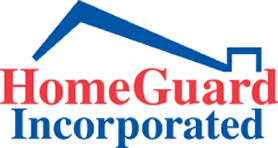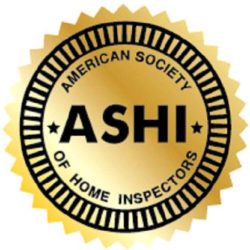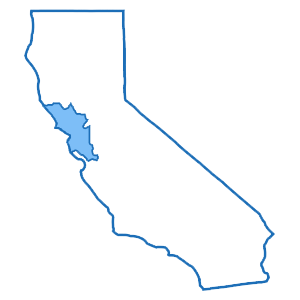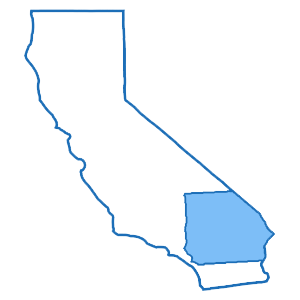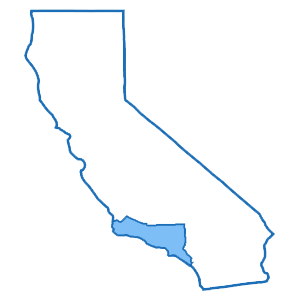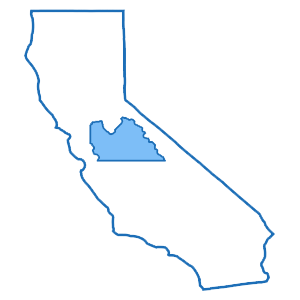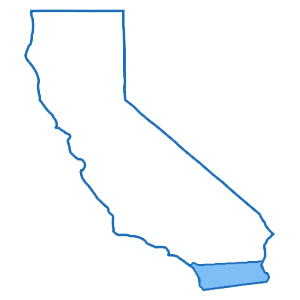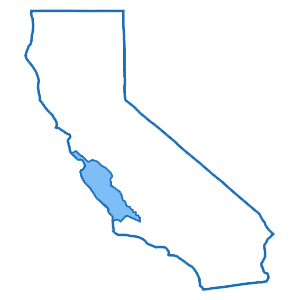Pool/Spa Inspection
HomeGuard Pool/Spa Inspections are performed by ASHI Certified Home Inspectors, who abide by the ASHI Code of Ethics and Standards of Professional Practice. HomeGuard pool/spa reports include pool equipment, safety equipment, and the pool/spa surrounding areas. It does not contain a bid for repair.
Why order a pool/spa inspection?
When buying or selling a home, a residential pool and/or spa inspection is vital to ensure the safety and longevity of the pool and its equipment. Pools and spas can be expensive to maintain and repair and introduce various safety concerns.
A few areas of concern are:
- Equipment Operation
Part of the pool inspection will include a visual inspection and basic operation of the equipment used to operate the pool or spa, including motors, pumps, valves, filters, and heating systems. The equipment will be inspected for defects such as leaks in exposed plumbing, deficient heating and electrical, and other malfunctioning components. A pool inspection will introduce the idea of safety, and longevity of its equipment. This will assist in knowing what repairs are needed, or if complete replacement of equipment is necessary. - Safety Equipment
With all pools and spas, safety is a major concern. There are even certain federal and state laws requiring safety measures with all pools and spas. Pool and spa inspections require devices to ensure that proper safety features are present and in good working condition. Electrical components are another safety concern, and the inspector will look over all visible and accessible electrical equipment to verify that the appropriate safety standards are met. Lastly, steps and ladders, or any other points of egress, will be inspected for defects to ensure they follow local regulations. - The Surrounding Area
Just as important as the pool or spa, is the surrounding area. Making sure that pool and spa regulations are being followed in the surround area will minimize risk of injury. With an inspection, inspectors will determine if the home is compliant with all local regulation regarding pool and spa safety. The inspector will give specific instructions to help improve the area before buying or selling the home. This might include safety barriers, fencing, coping, and sidewalks.
Annual pool or spa maintenance
Keep in mind that regular maintenance and inspection is critical for any pool or spa owner, ensuring pool equipment is in good working condition. It is recommended homeowners obtain the services of a licensed pool operator on a regular basis. Doing this will minimize risk of injury or costly repairs related to neglect or resulting from equipment malfunction.
Our Home Inspectors will inspect and comment on the following key areas of a Pool and Spa during the course of the inspection:
- Safety features, such as the presence of a perimeter fence that surrounds the pool with a gate that should open outward and self-closing/self-latching locks. Other safety features may include GFCI protection and functionality, presence of door alarms, pool/spa covers, safety drain covers, safe egress (steps, hand rail) etc.
- Visible conditions including defects in the pool/spa structure, interior surfaces (plaster), and materials.
- Pool/Spa Equipment including the condition and functionality of pumps, visible plumbing, heaters, filters, gauges, electrical components, Pool and Spa lights, skimmers, bonding wire etc.
- Visual condition of the decking and coping that surrounds the Pool and Spa (cracks, lifting, trip-hazards).
- Vegetation, grading, surface drainage, and retaining walls that is likely to adversely affect the swimming pool or spa.
The following is what we will not inspect:
- test, operate, or evaluate components when weather conditions or other circumstances may cause equipment damage;
- test, operate, or evaluate automatic safety controls and manual or automatic valves;
- touch swimming pool/spa water to examine the structure, components, and features, including their composition and quality;
- test, operate, or evaluate electric resistance heaters;
- determine structural integrity;
- inspect any equipment or component that is shut down or that is not responding to normal operating controls, including conditions caused by the absence of a required energy source such as electricity or gas;
- inspect, test, operate, or evaluate: low voltage or electronic controls, water chemistry or clarity, out-of-level conditions, presence or absence of bacteria/algae, backwash functions, aerators, automatic cleaning systems, automatic water fill systems, water treatment systems, chemical dispensers, thermostats, heating elements, heat exchangers, solar and other alternative energy heating systems, water features, covers and related components, accessories, leaks in shell, underground components, temporary safety barriers and alarms, stray voltage, and the interior of filters including filter cartridges;
- inspect, test, operate, or evaluate diving and jump boards, slides, play equipment and similar components; and the suitability of the pool for the use of such components and for activities such as diving; and I. determine the adequacy of: system or component design, structural components, equipment and component compatibility, flow rates, high or low pressure conditions, filters, heaters, safety barriers and alarms, and entrapment prevention components.
HomeGuard ASHI Certified Home Inspectors abide by ASHI Code of Ethics and Standards of Professional Practice.
The purpose of these Standards of Professional Practice is to establish a uniform standard for inspectors who voluntarily use these Standards when performing residential swimming pool/spa inspections.
Inspections performed in accordance with these Standards:
- provide the client with additional objective information about the condition of inspected components at the time of the inspection;
- are conducted by an inspection generalist, not by a technical specialist;
- are general and do not include or confirm conformity with:
- building codes and other governmental laws and regulations,
- manufacturer’s installation instructions,
- construction plans, drawings, and specifications;
- do not provide a warranty or guarantee regarding the condition of the inspected swimming pools/spas;
- do not identify and report all possible safety issues regarding the installation, operation, maintenance, and use of inspected swimming pools/spas.
